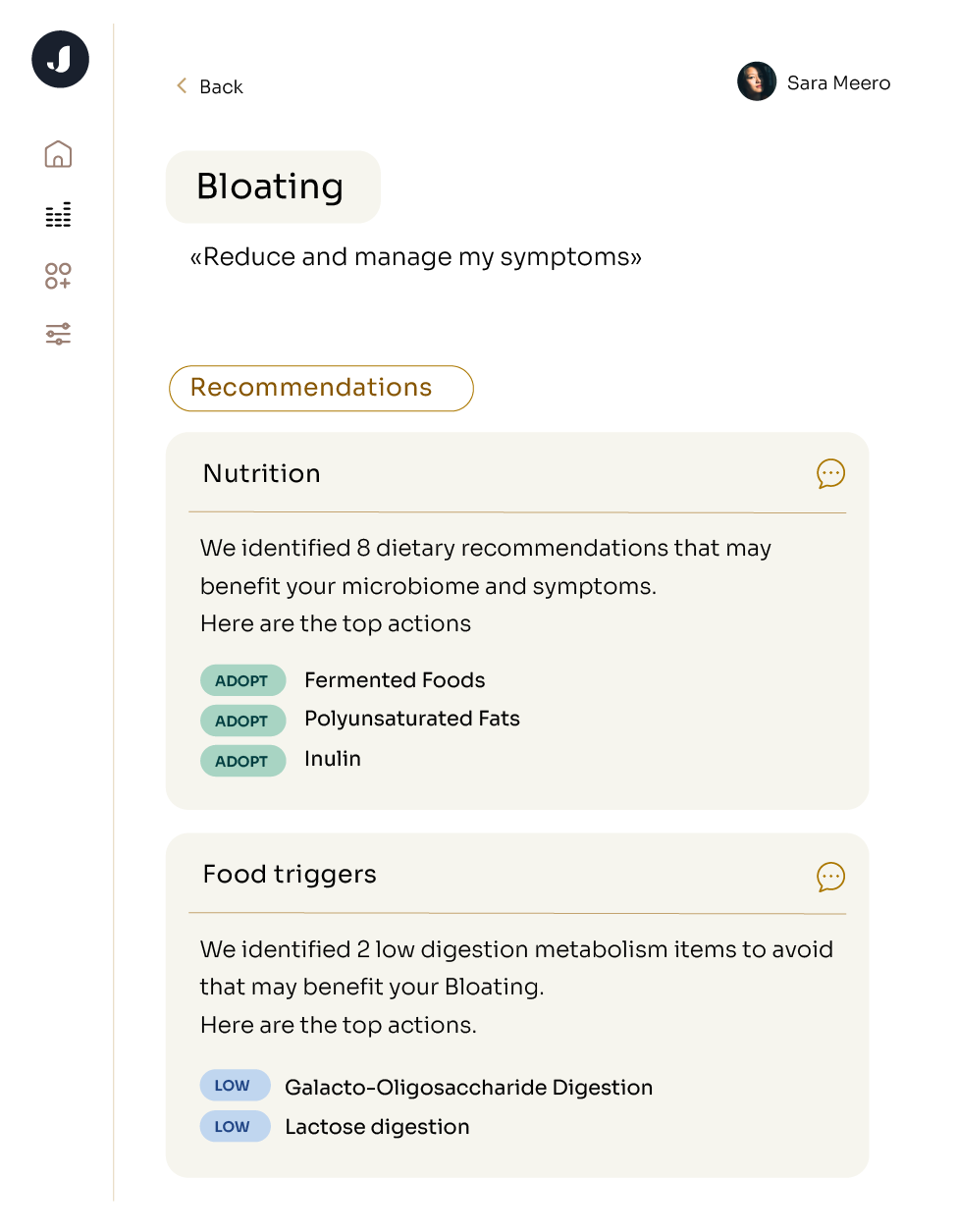Jim LaValle is a Clinical Pharmacist and Board Certified Clinical Nutritionist with over 30 years' experience in wellness, prevention and disease state management. He has authored over 20 books and is internationally recognized as an expert and educator in integrative and precision health. His latest research is in drug-induced microbiome disruption, so we sat down to discuss the power of the microbiome.
Jona: Hi Jim, we’re so excited to chat with you about the microbiome, something we clearly are all passionate about. So to start off - why do you believe the gut microbiome is important?
Jim La Valle: I think people underestimate just how important the microbiome is. It literally is involved in virtually every aspect of your health on a day-to-day basis, even on a moment-to-moment basis. Everything from neurotransmitter function and how you're feeling through the gut-brain connection through the enteric nervous system, to the processing of hormones, to how we absorb our nutrients, to how our immune system is being regulated is influenced by the microbiome. For example, am I in a pro-inflammatory stance, am I in a neutral stance with my immune system, all of these things play a role within the function and structure of the microbiome and how diverse it is.
Obviously, gut integrity is incredibly important because the gut bacteria or the microbiome is helping to make short chain fatty acids like butyrate to help the integrity of the epithelial cells, so that we're not getting any types of bacterial translocation, or any type of heightened antigen-presenting cell activity. So in the end, I think one of the core things that people need to pay attention to and take care of is their microbiome.
Jona: How do you use the gut microbiome in your practice with your patients?
Jim La Valle: Most of the people that come in to me are having some level of GI problems. So some way or another, whether they're gassy, they're bloated, they're having constipation, diarrhea, tenderness, something's going on. Depending on the severity, or the interest of the individual, there are two things that drive microbiome testing.
One, there's consumer interest and if they want to do a test, I'm going to gladly offer it to them. I want them to learn more about their microbiome and what they need to do. The microbiome has become incredibly important, it's in the literature, and it's in the public conscience, so patients come in curious.
Then there's people that absolutely need it. As soon as someone has an autoimmune condition, they need their microbiome tested. It's an immediate decision for me, whether it's rheumatoid arthritis, psoriatic arthritis, MS, autoimmune thyroid, celiac, colitis - anytime I know that the gut membrane is disrupted, or inflamed, and therefore more prone to dysbiosis, I reach for a microbiome test.
So it's really about the type of person that's coming in. Even for people that are having trouble losing weight, microbiome disruption can play a major factor in that. So I use the microbiome test in a variety of ways. I don't reach for it immediately on people that have simple problems, like being a little gassy or a little bloated but in general okay. First we change their diet and see if we're gonna get somewhere with that, and if not, then I reach for the kit right away.
Jona: How can the power of nutrition and lifestyle changes improve the microbiome and overall gut health?
Jim La Valle: Well, it's interesting when you think about that the microbiome isn't in a vacuum, right? It's influenced by so many things, whether it's environmental burden - so things like toxicity from the environment could affect the microbiome - or stress has a tremendous impact on the microbiome. We know that it changes the microbiome when you're under chronic stress and when you're under chronic stress, you're more prone to a more permeable gut. Your gut creates more permeability because the increase of inflammatory cytokines that get signaling from the brain through the enteric nervous system to the gut, which then ends up causing the tight junctions to break, and now all of a sudden you’re starting to react to foods or lectins or any number of things can start to happen. So a lifestyle that promotes better balance is key, understanding your stress response and getting regular exercise. Too much exercise could actually start to damage the microbiome and damage the epithelial lining of the gut and start to compromise immunity.
Food selection is incredibly important. You hear that term, “you are what you eat” and I think it still holds true. We just have a lot more data that shows just how important it is. So a lifestyle promoting balanced stress response and diet is incredibly important. You might be under a lot of stress, but how are you responding to that, what tactics are you taking to correct for that? All of those things, along with making dietary selections like resistant starch, make a tremendous impact on the health of your microbiome and the viability of your microbiome.
Jona: You have used the Jona test. What do you believe makes it different from other microbiome testing options?
Jim La Valle: I think the most important thing about the Jona test is how it's based on all the literature. But it's not just about the fact that all the literature on the microbiome has been put into your AI and therefore it allows you to draw associations across that. I think what makes Jona great is the detail that was given to the algorithm itself, to understand which information is really relevant and importantly, what that means for the patient. It gives direct guidance on what types of foods you should be eating and which to avoid. This helps the patient get real-world advice on how to affect their microbiome. This advice is easy to track with subsequent tests. In the end, what I believe makes Jona different is the scientific rigor behind it that allows it to be so accurate in depicting the microbiome of the individual.
Jona: We are thrilled that the test is helping you in your practice. Thank you Jim!




